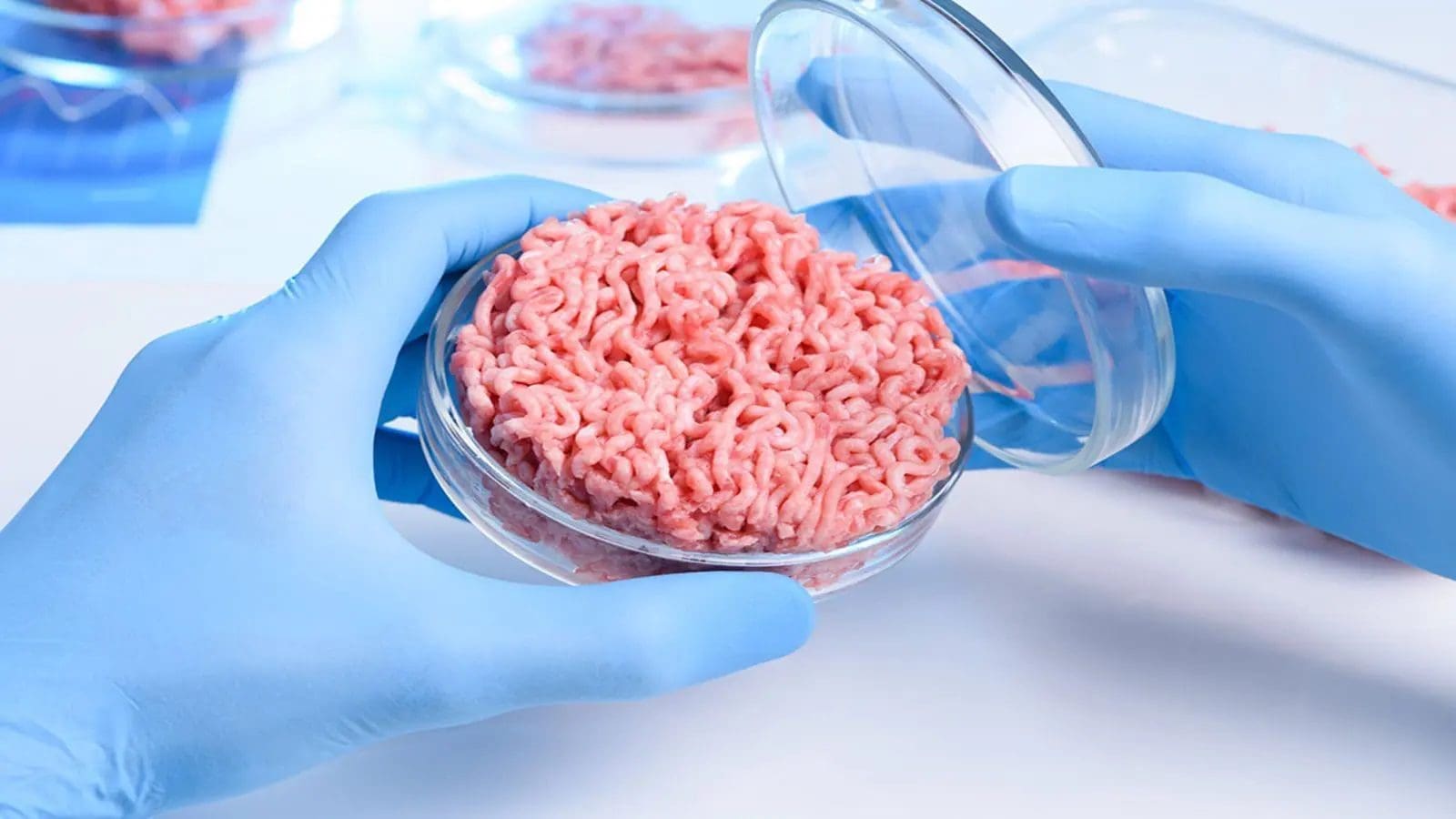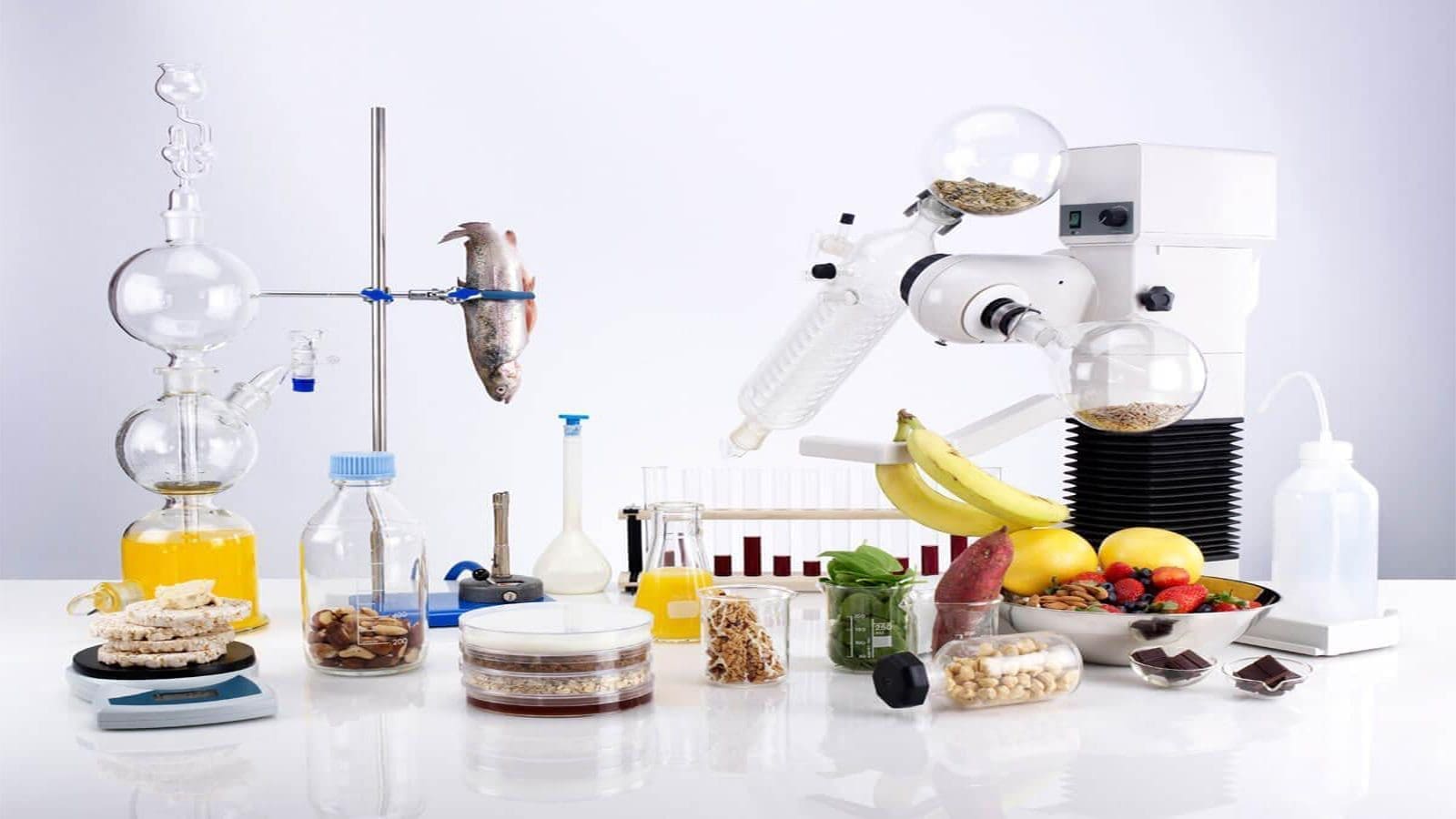ITALY – The Italian government has announced a bill banning the use and production of cell-based food and animal feed to safeguard the nation’s legacy and protect the health of its citizens.
After the ban was announced, the country’s Minister of Agriculture Francesco Lollobrigida tweeted that it was a “battle of civilizations” and said it had made the move “in defence of citizens’ health, of our production model, of our quality, of our culture, simply our food sovereignty”.
He had earlier told a news conference that laboratory products could not guarantee quality, well-being and the protection of the country’s culture and tradition.
Italy’s decision, a major deviation from global trends where governments are gradually moving towards legalization, proposes fines of up to US$65,022 to offenders. .
The move on cell-based food by Italy’s nationalist government follows concerted pressure from the country’s powerful agri-food industry to protect local produce and promote the ‘Made in Italy’ brand.
Local agriculture lobby organisation Coldiretti also has since praised the move as a positive step towards protecting ‘a heritage put at risk by synthetic food’.
“The stop to synthetic food decided by the government saves US$629.8bn of the value of the national agri-food chain,” the organisation said in a statement on its website.
However, the Good Food Institute (GFI), a global food system think tank that advocates for plant-based and cell-based meat described the move as “troubling”.
Alice Ravenscroft head of policy at GFI Europe stated that Italy would be left behind as the rest of Europe and the world progresses toward a more sustainable and secure food system.
Citing research, Ravenscroft said cultivated meat could cause up to 92% fewer emissions than conventional meat, reduce air pollution associated with meat production by up to 94%, and use up to 90% less land.
According to her, 54% of Italians who already want to try cell-based meat will also be banned from doing so.
“The passing of such a law would shut down the economic potential of this nascent field in Italy, holding back scientific progress and climate mitigation efforts, and limiting consumer choice.
“It could prevent Italian scientists from undertaking crucial work and ban Italian cultivated meat start-ups from existing at all,” she said.
According to GFI, European governments have recently increased investments in research into cell-based proteins.
“The government should let Italians make up their minds about what they want to eat, instead of stifling consumer freedom,” GFI said.
For all the latest food safety news from Africa and the World, subscribe to our NEWSLETTER, follow us on Twitter and LinkedIn, like us on Facebook and subscribe to our YouTube channel.








